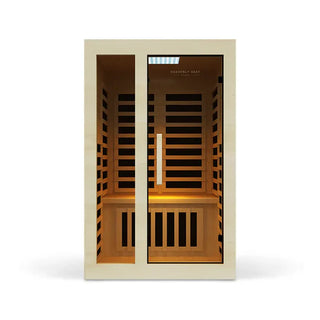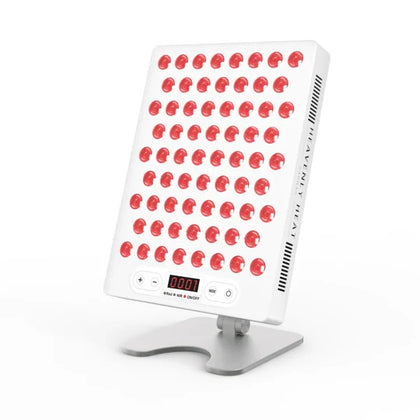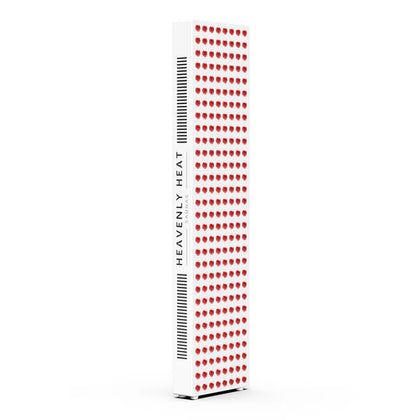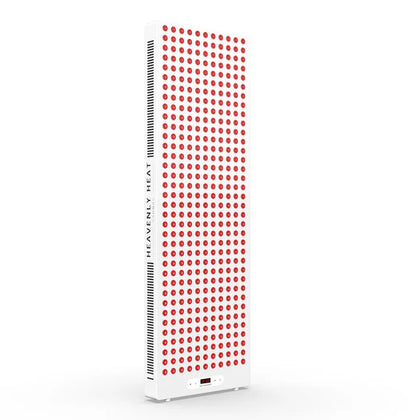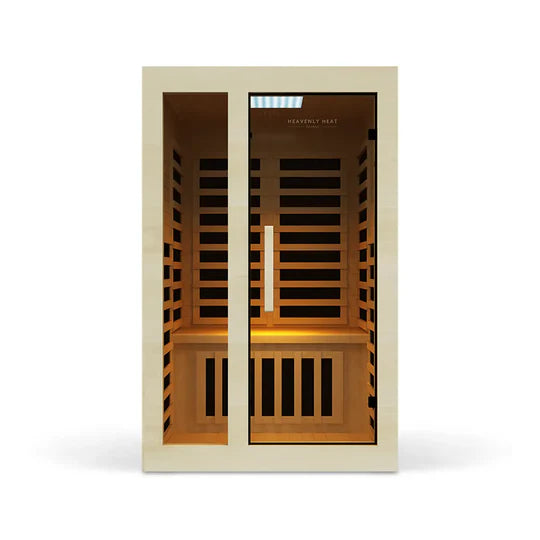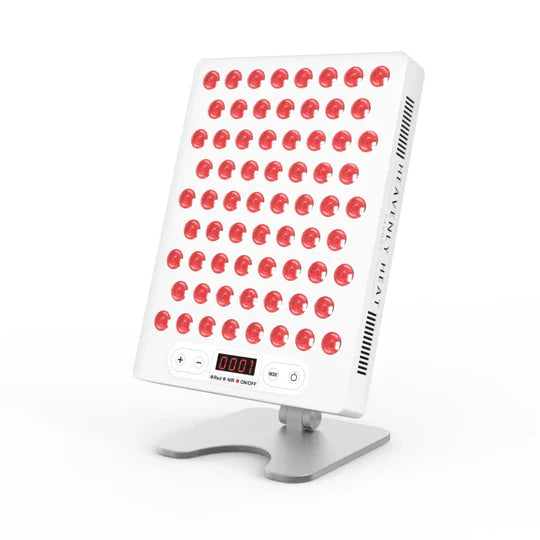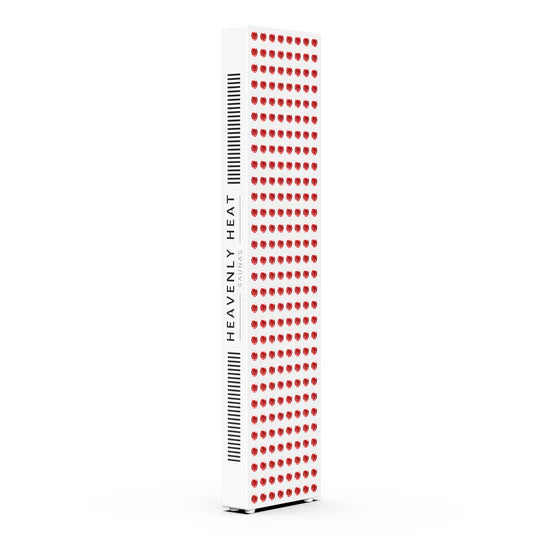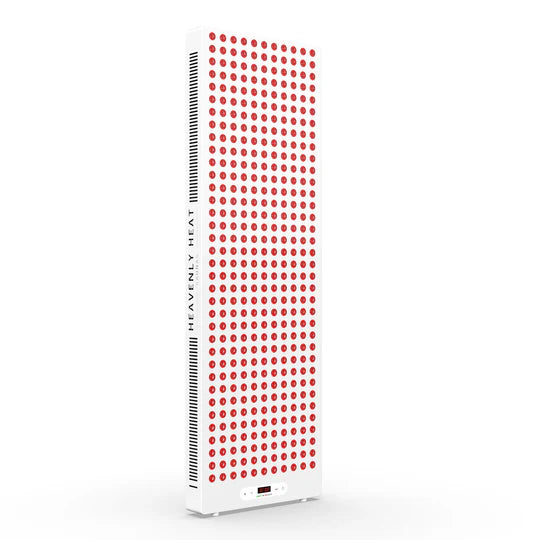Does Sauna Boost the Immune System?

Saunas offer incredible benefits, from relaxation to muscle recovery. But many wonder, can they really boost your immune system?
With the rise of seasonal illnesses, finding ways to strengthen your body’s natural defenses is more important than ever.
If you're struggling to stay healthy during these times, you're not alone. Thankfully, the sauna might just hold the answer. Let’s explore how it can help enhance your immunity.
What is the immune system?
The National Cancer Institute describes the immune system as a complex network of cells, tissues, organs, and substances that work together to protect the body from infections and diseases.
Think of it as the body’s defense army, with white blood cells acting like soldiers that attack harmful invaders such as bacteria and viruses.
Components like the thymus, spleen, tonsils, lymph nodes, lymph vessels, and bone marrow provide the resources and support to keep this army functioning.
For example, when you cut your finger, the immune system springs into action to fight off germs and heal the wound, preventing an infection.
A weakened immune system can have several underlying causes, including:
- Chronic stress: Prolonged stress elevates cortisol levels, which can suppress immune responses.
- Poor nutrition: Deficiencies in essential vitamins like C and D can weaken immunity.
- Lack of sleep: Inadequate rest disrupts the production of infection-fighting cytokines.
- Underlying health conditions: Disorders like diabetes or autoimmune diseases compromise the immune system.
- Medications: Long-term use of immunosuppressants or chemotherapy can impair immune defenses.
- Aging: Natural decline in immune function with age makes older adults more susceptible to infections.
A weakened immune system can lead to frequent illnesses, slow recovery, and fatigue, making daily activities challenging.
However, management strategies can bolster immunity. Eating a balanced diet rich in fruits, vegetables, and lean protein, staying hydrated, managing stress through mindfulness, and maintaining regular physical activity can significantly help.
Alternative approaches like yoga and probiotics also show promise in supporting immune health.
With consistent care, it’s possible to strengthen the immune system and lead a healthier, more resilient life.
How does a sauna boost the immune system?
- Your body gets better at handling heat, which makes your immune system stronger: Sauna bathing trains your body to handle heat stress. Over time, this helps your immune system work more efficiently, especially when you use the sauna after exercising.
- Using the sauna regularly can increase your immune defenses: Research shows that repeated sauna sessions boost certain immune markers. That means your body is more prepared to fight off illness the more consistently you use the sauna.
- Heat from the sauna wakes up special proteins that help fight illness: Sauna heat activates heat shock proteins (HSPs), which help your immune system spot and attack harmful invaders. These proteins guide important immune cells like macrophages and lymphocytes to respond to infections.
- Saunas help you sleep better, and good sleep keeps your immune system strong: Using a sauna improves your sleep quality. And since poor sleep weakens your immune system, better sleep means your body can fight off colds, infections, and even long-term diseases more effectively.
- Better blood flow from saunas helps immune cells travel and do their job: Saunas boost your circulation, helping oxygen and nutrients move around your body. This also helps immune cells reach the places where they’re needed to fight infection and keep you healthy.
Other Therapies that help with Immune System
Cold Water Immersion
Feeling brave enough for a cold shower? It might actually help your immune system fight better. When you expose your body to cold water, it creates a mild stress that trains your immune system to respond more effectively.
In one study , people who took cold showers every day for 90 days had more antibodies and immune-supporting proteins.
Another study showed that cold water dips three times a week for six weeks boosted important immune cells like T-cells and monocytes. So, a little chill could be a simple way to keep your defenses strong.
Red Light Therapy
Red light therapy supports the immune system by calming inflammation and helping your cells work better.
When your body absorbs red or near-infrared light, it boosts energy production in cells, improves blood flow, and helps your immune cells respond in a healthier way.
One review explained that this kind of light changes how immune cells behave by affecting molecules like interleukins and nitric oxide, often leading to less inflammation.
Another study on mice showed that just 30 minutes a day of red light reduced harmful inflammation and increased healing signals. This makes red light a promising tool for stronger immunity.
Meditation
Meditation doesn’t just help you relax, it also gives your immune system a real boost. When you meditate, you lower stress, calm your mind, and support your body’s natural defense system.
According to a 2022 review in Clinical Psychology Review, people who practiced mindfulness meditation saw real changes in their immune health.
The study looked at over 4,600 people and found lower levels of inflammation (like C-reactive protein and interleukin-6) and higher levels of protective markers like CD4+ cells and telomerase. So yes, meditation can actually help your body fight off illness better.
Acupuncture
Acupuncture can help your immune system work smarter, not harder. It doesn’t just push your immunity up or down—it helps bring it back to balance. When your immune system is too weak, like in cancer, acupuncture can help strengthen it.
When it’s overactive, like in autoimmune diseases, it helps calm things down. According to a 2024 review in QJM: An International Journal of Medicine, acupuncture supports this balance by boosting helpful immune cells and reducing harmful inflammation. This natural rebalancing helps your body fight illness without going into overdrive.
Important tips for using a sauna
- Drink water before and after to prevent dehydration.
- Begin with 5–10 minute sessions, max 20 minutes.
- Showering before entering the sauna helps maintain a clean and hygienic environment.
- Avoid direct contact with the bench in the sauna by sitting on a towel for added comfort and cleanliness.
- Never use the sauna after drinking alcohol.
- Take a cool shower and rest after the sauna.
- You should exit the sauna immediately if you feel dizzy or unwell.
Saunas strengthen the immune system by improving blood flow, boosting sleep quality, and activating heat shock proteins that activate immune cells to fight infections. But it's important not to overdo it. Using a sauna too much can put stress on the body. To get the best results, make sure to stay hydrated, exercise, rest, and eat well. Before incorporating a sauna into your routine or making significant changes to your health regimen, it’s important to consult with a healthcare professional, especially if you have any existing health concerns.




